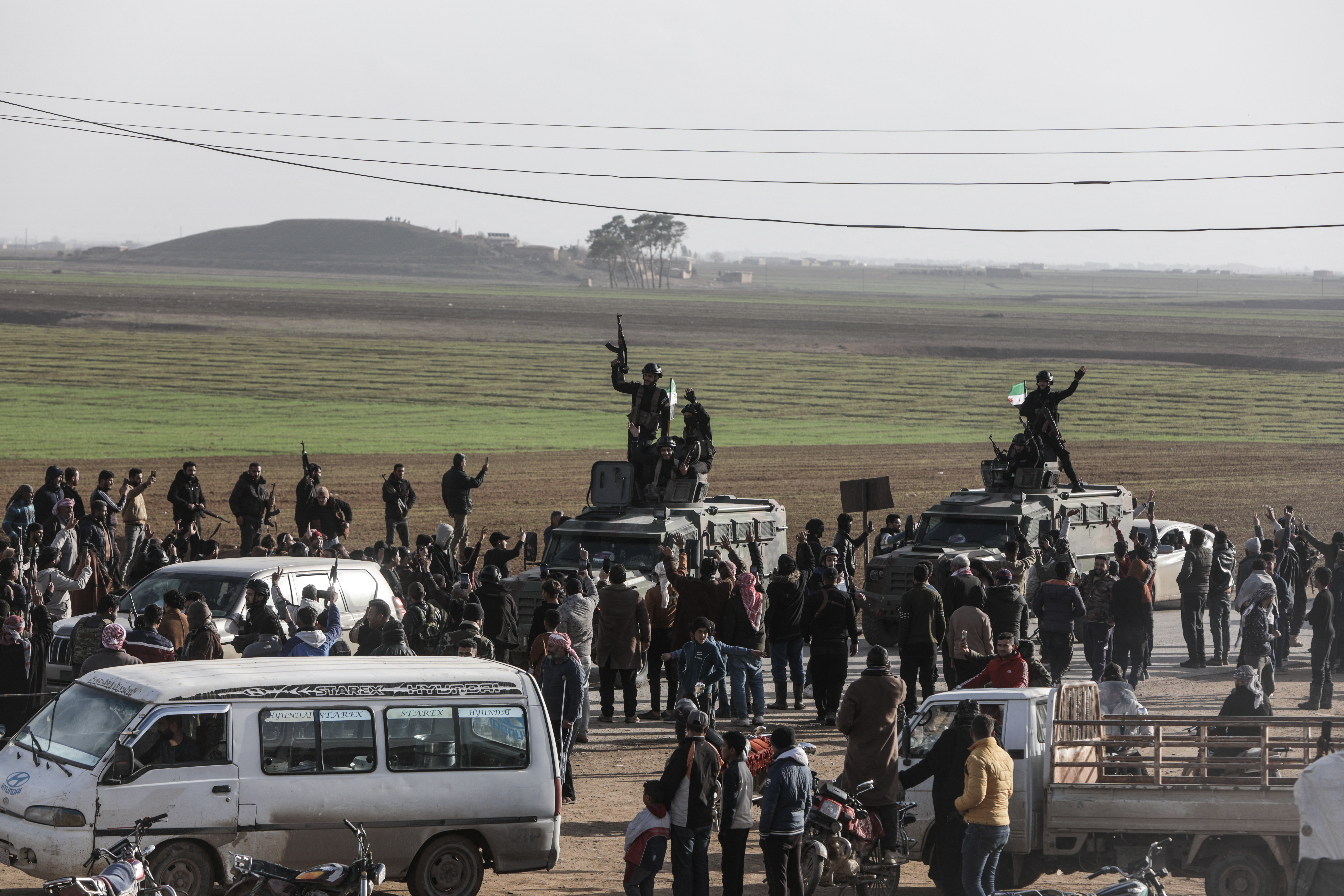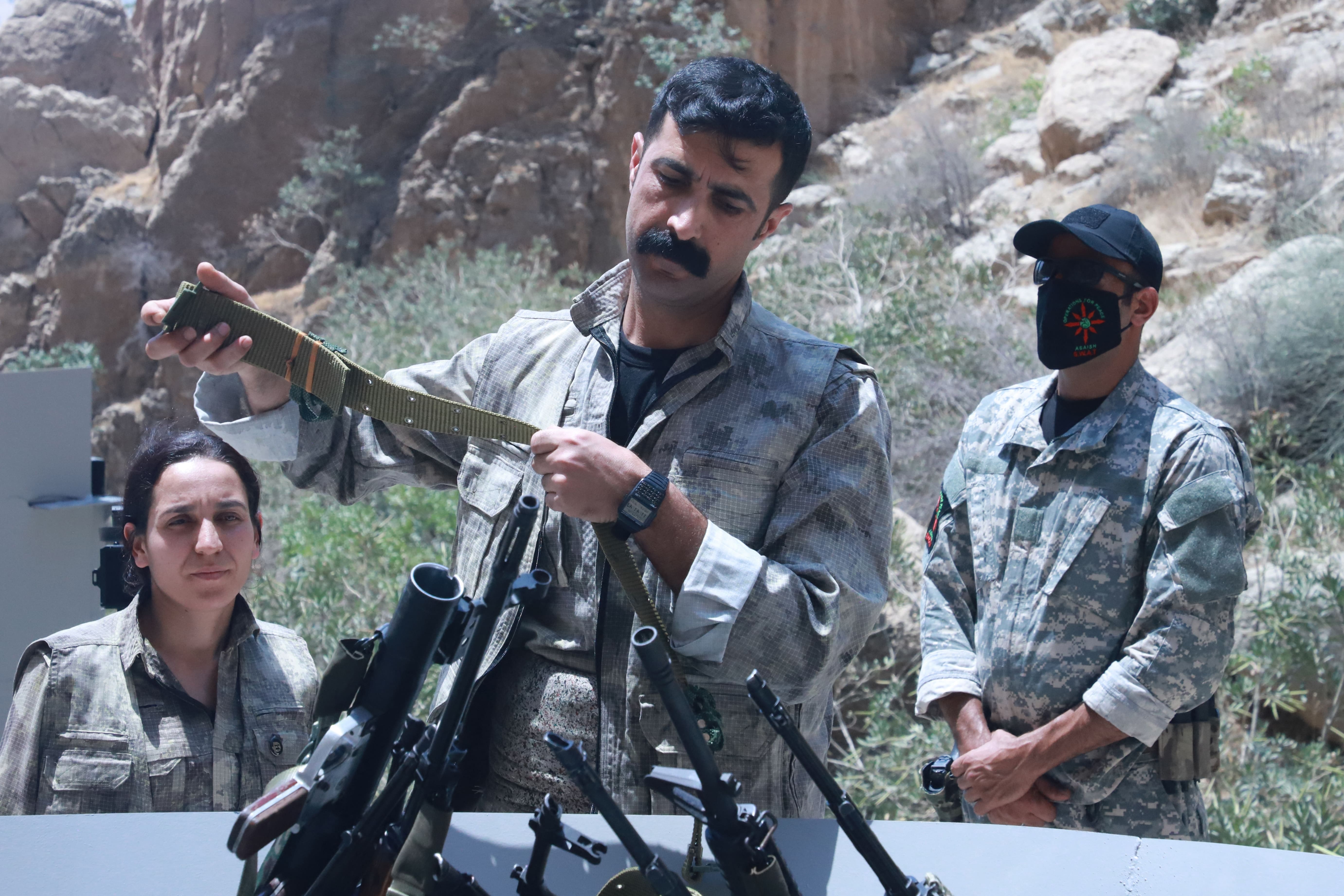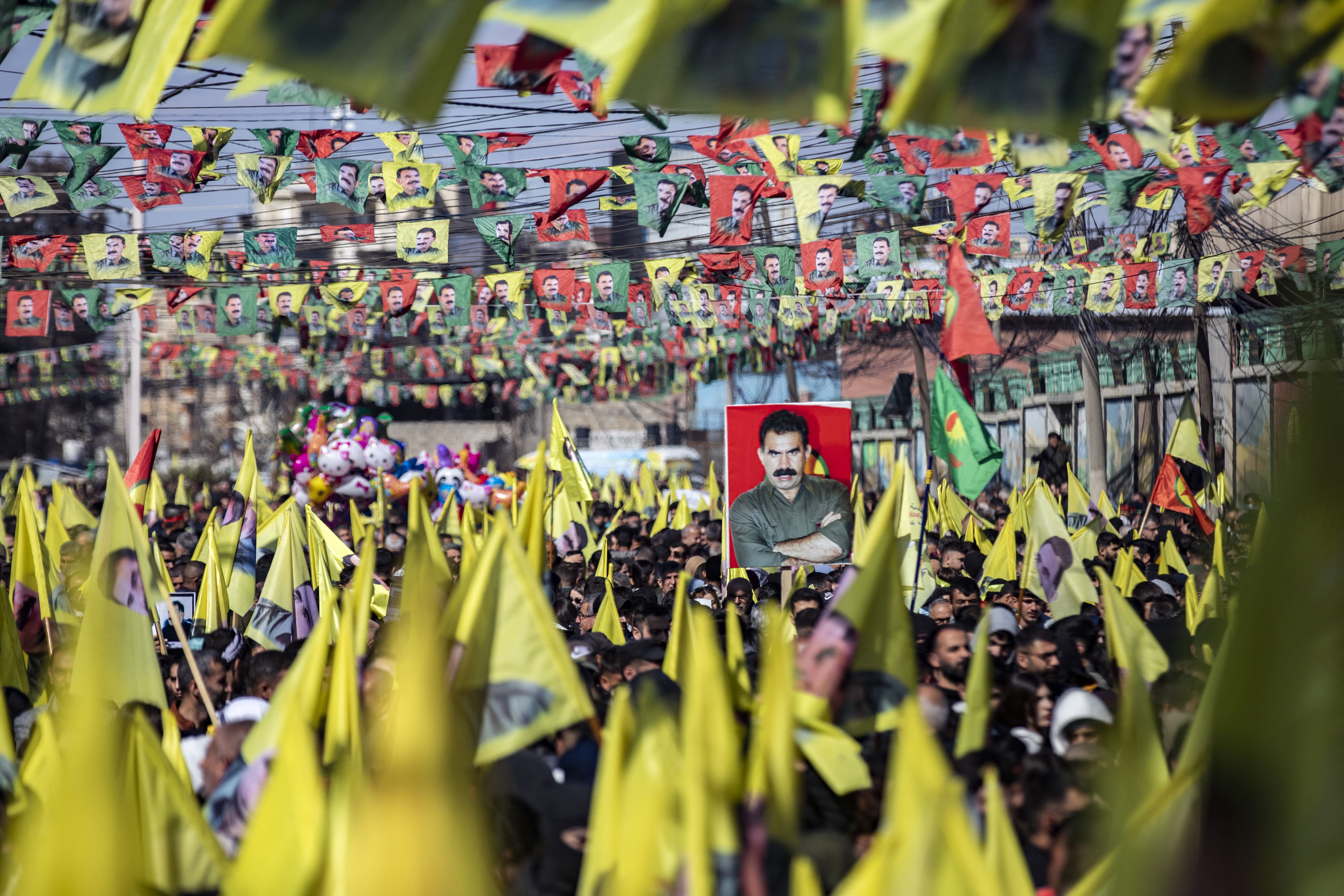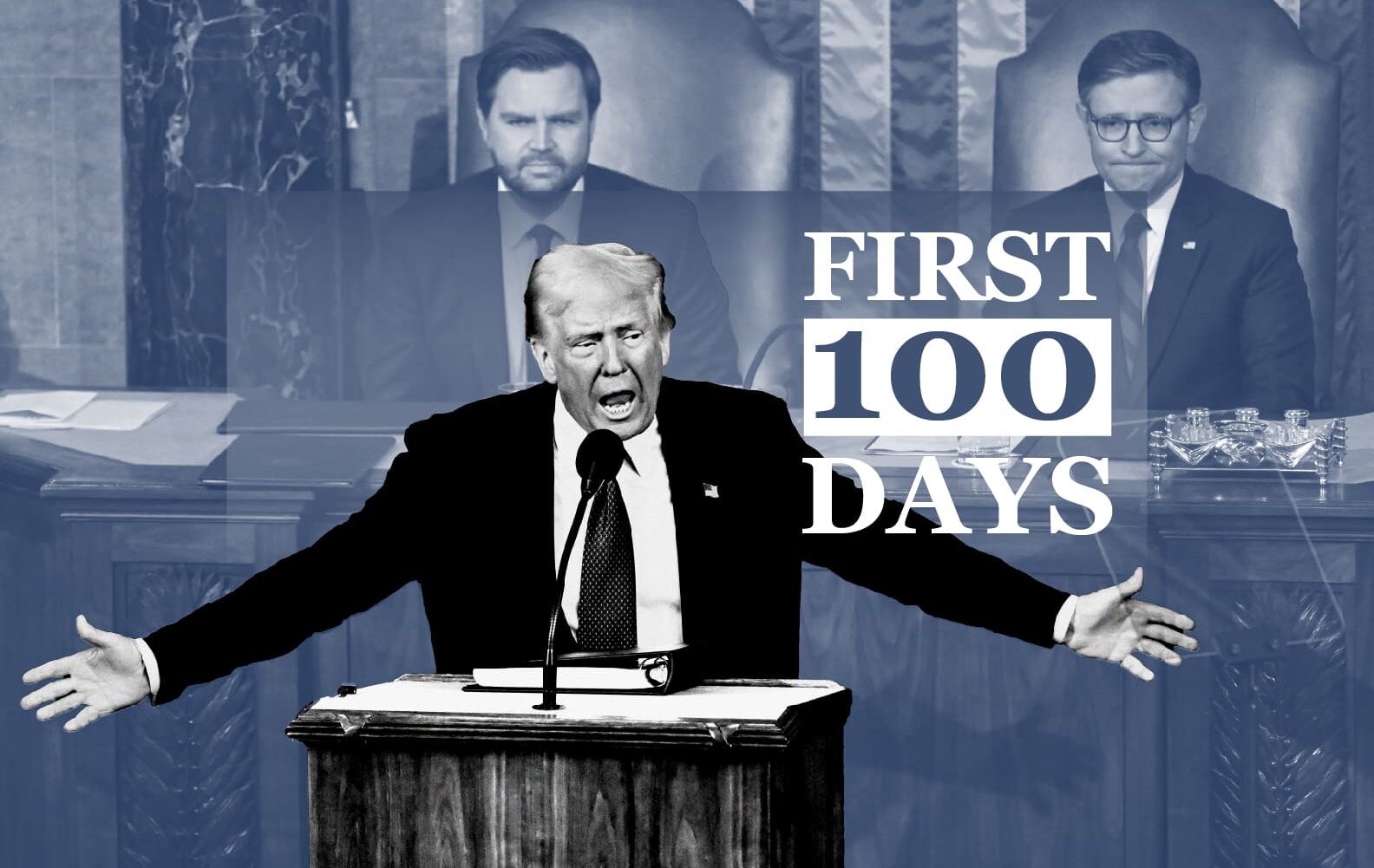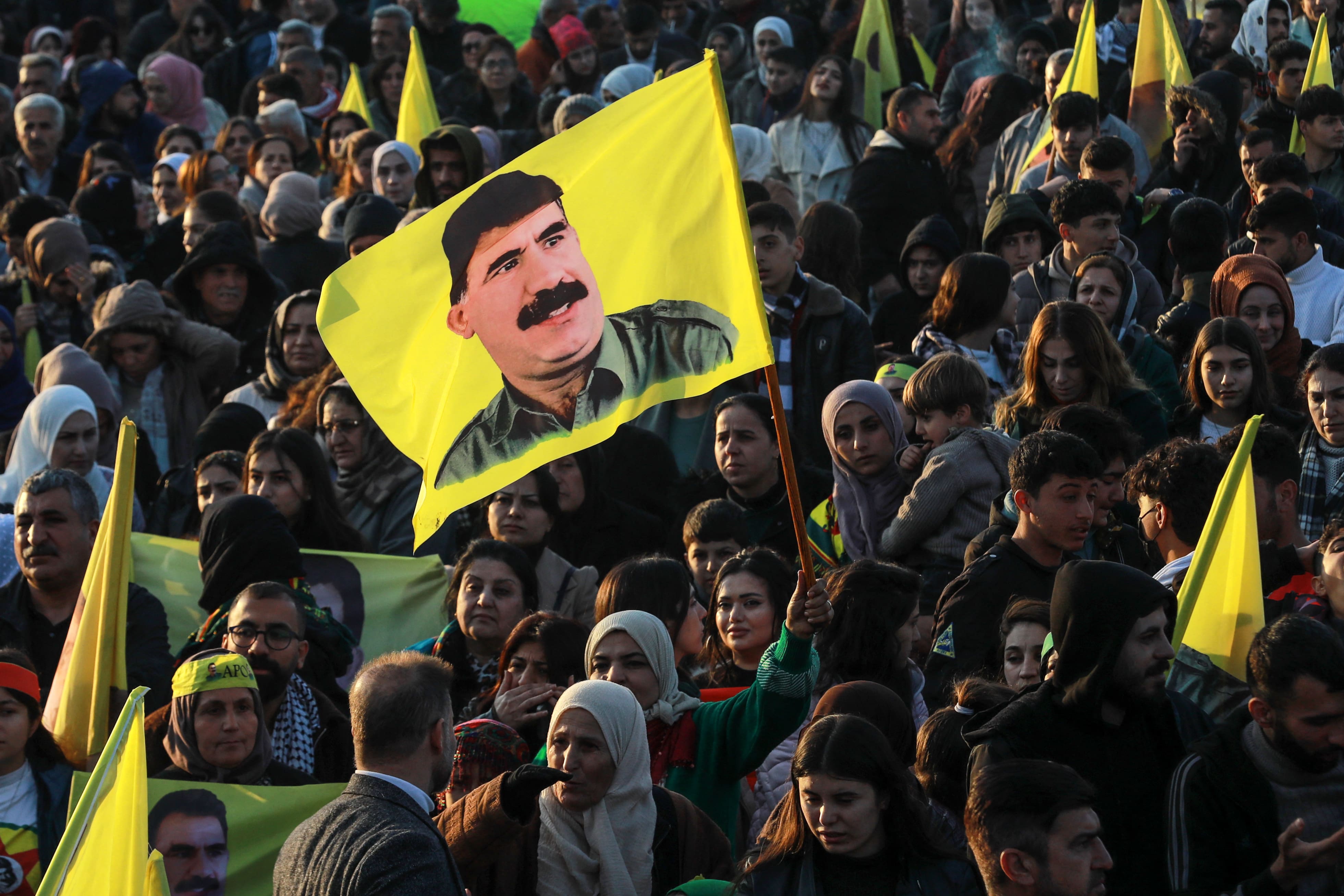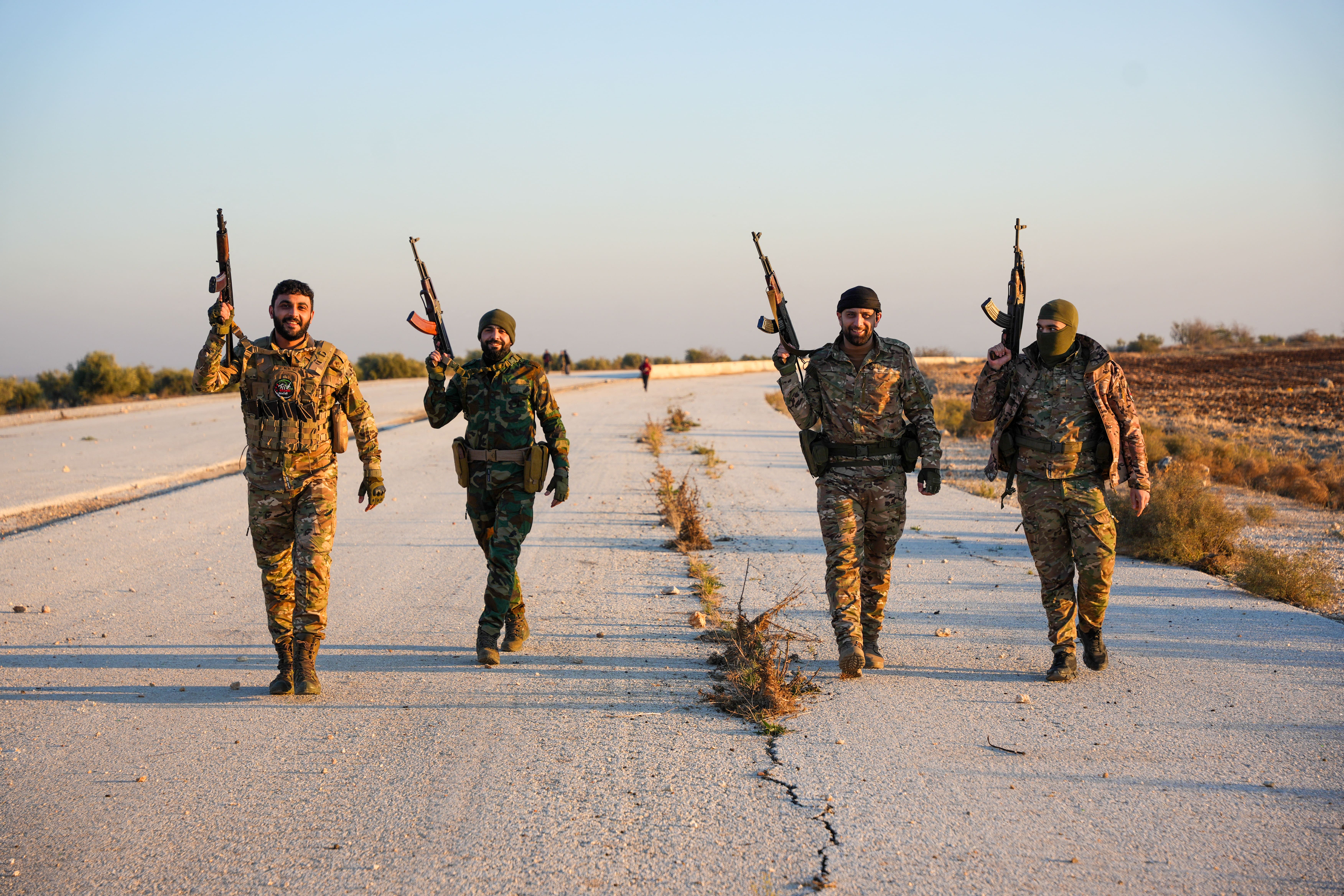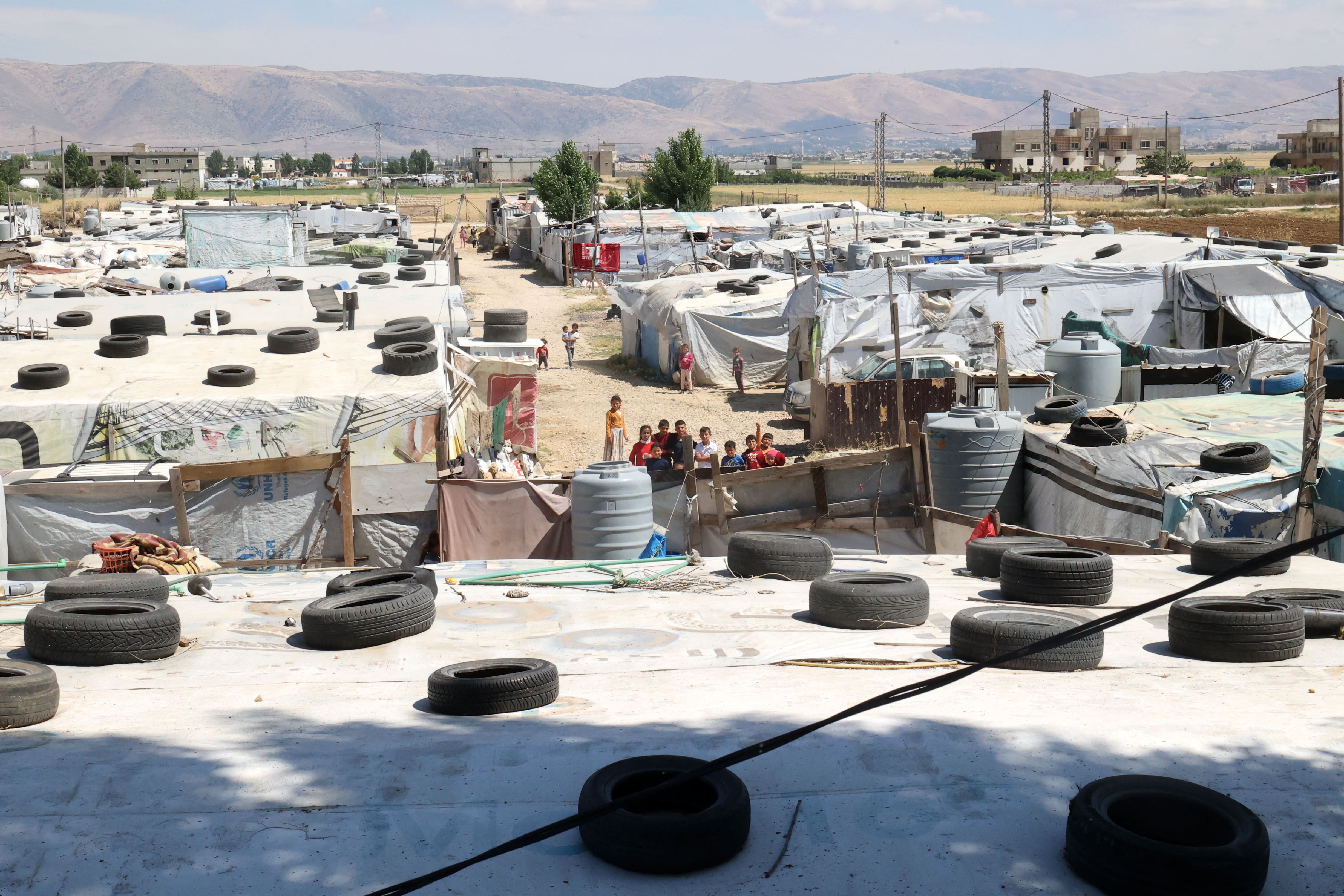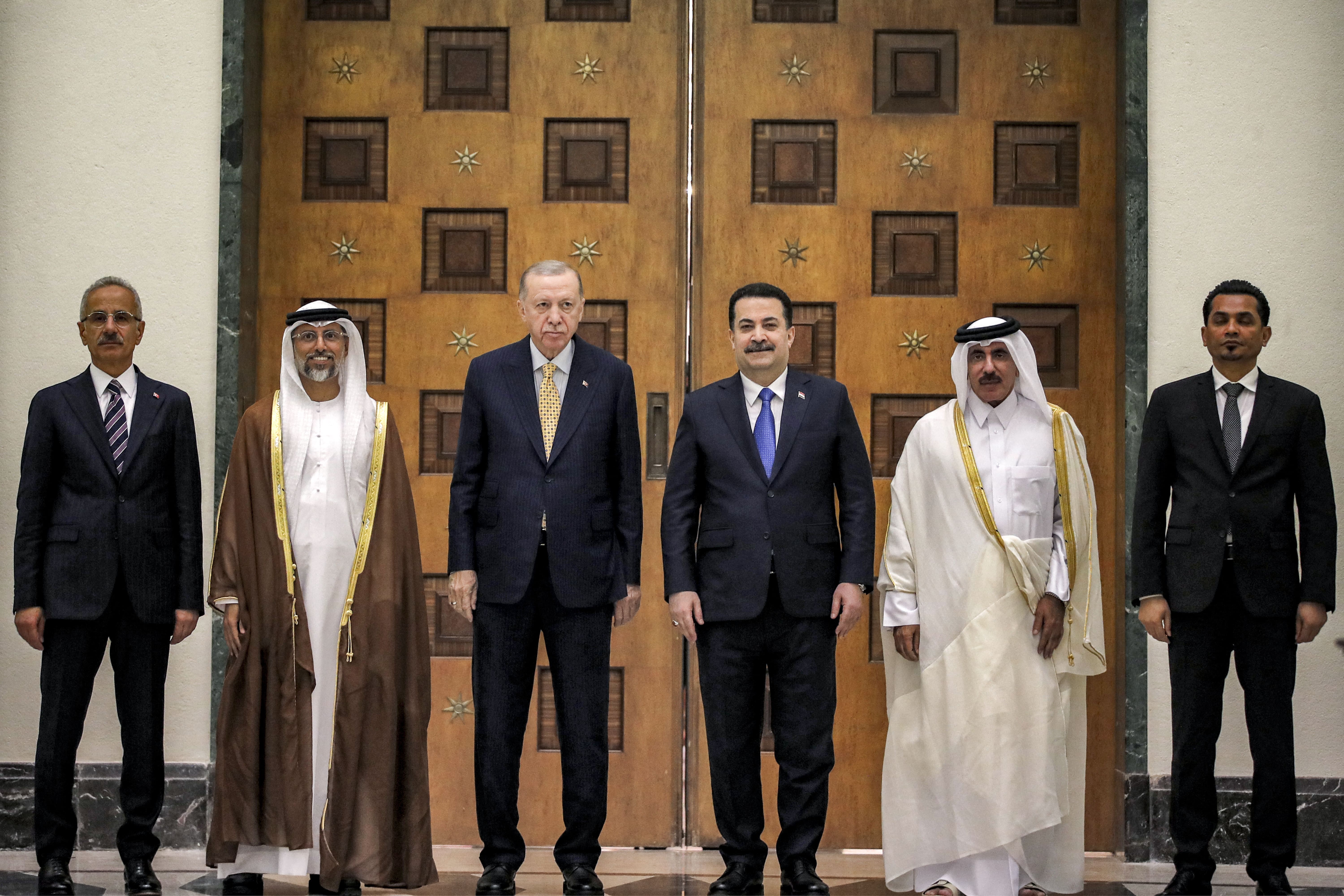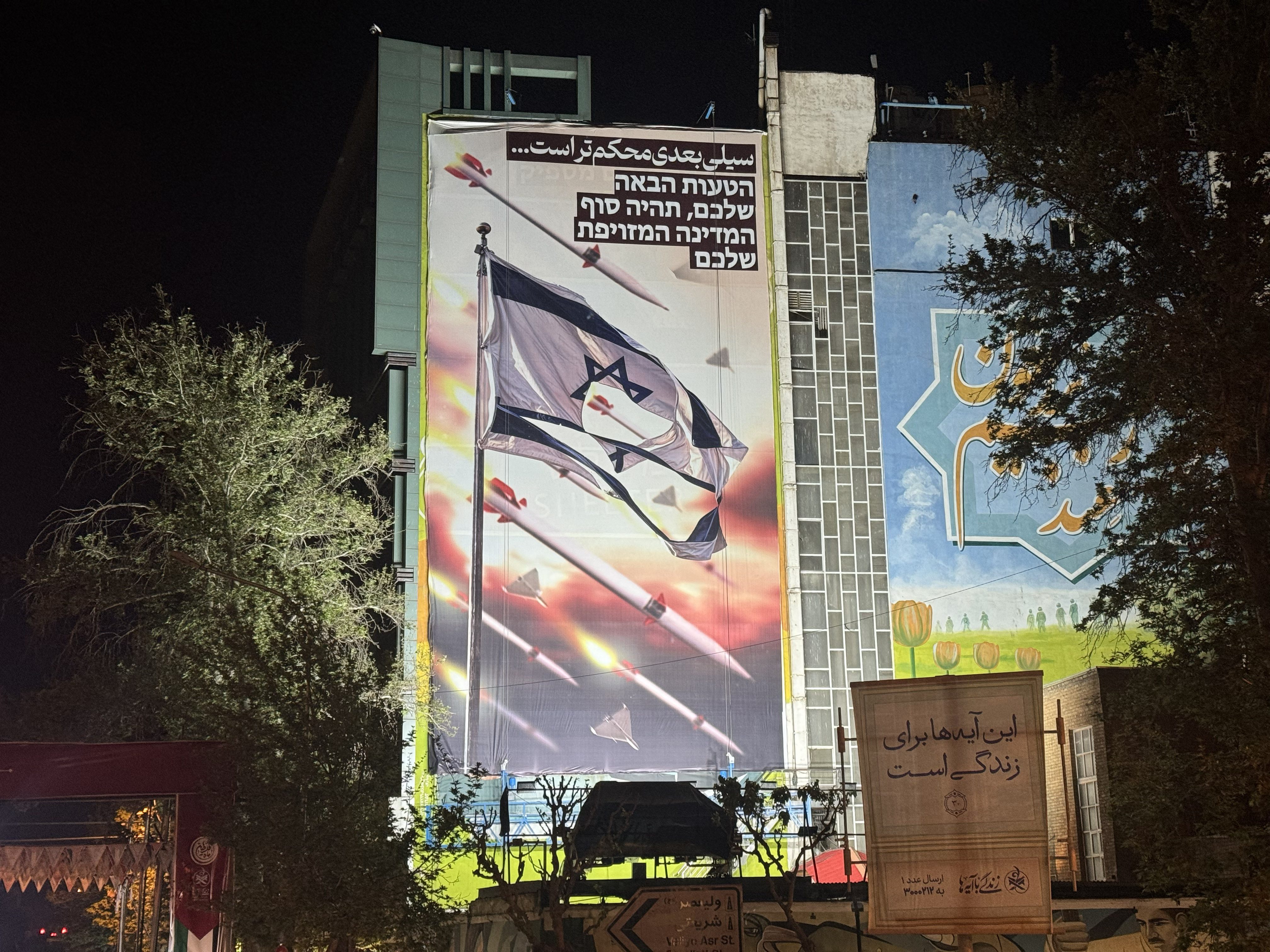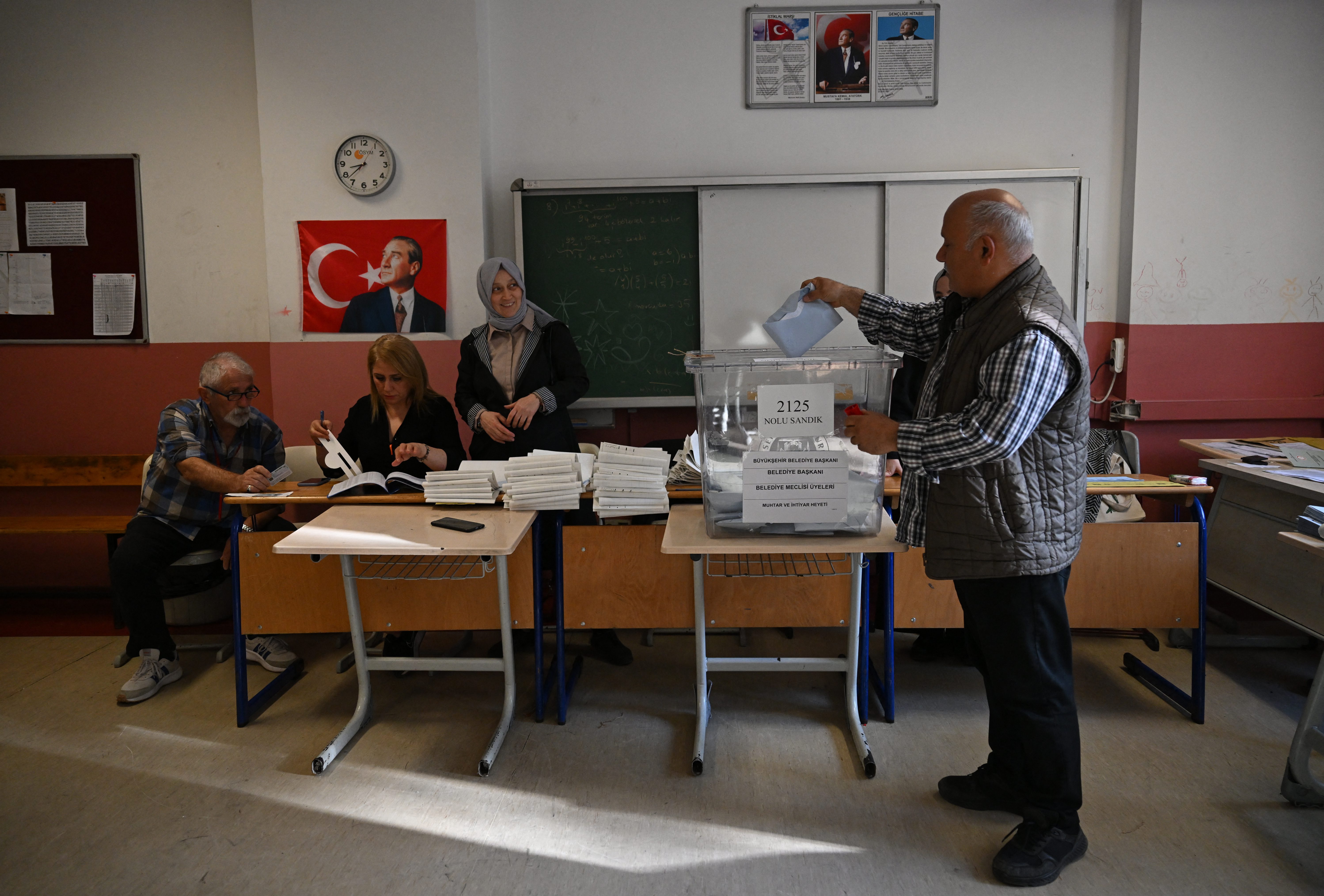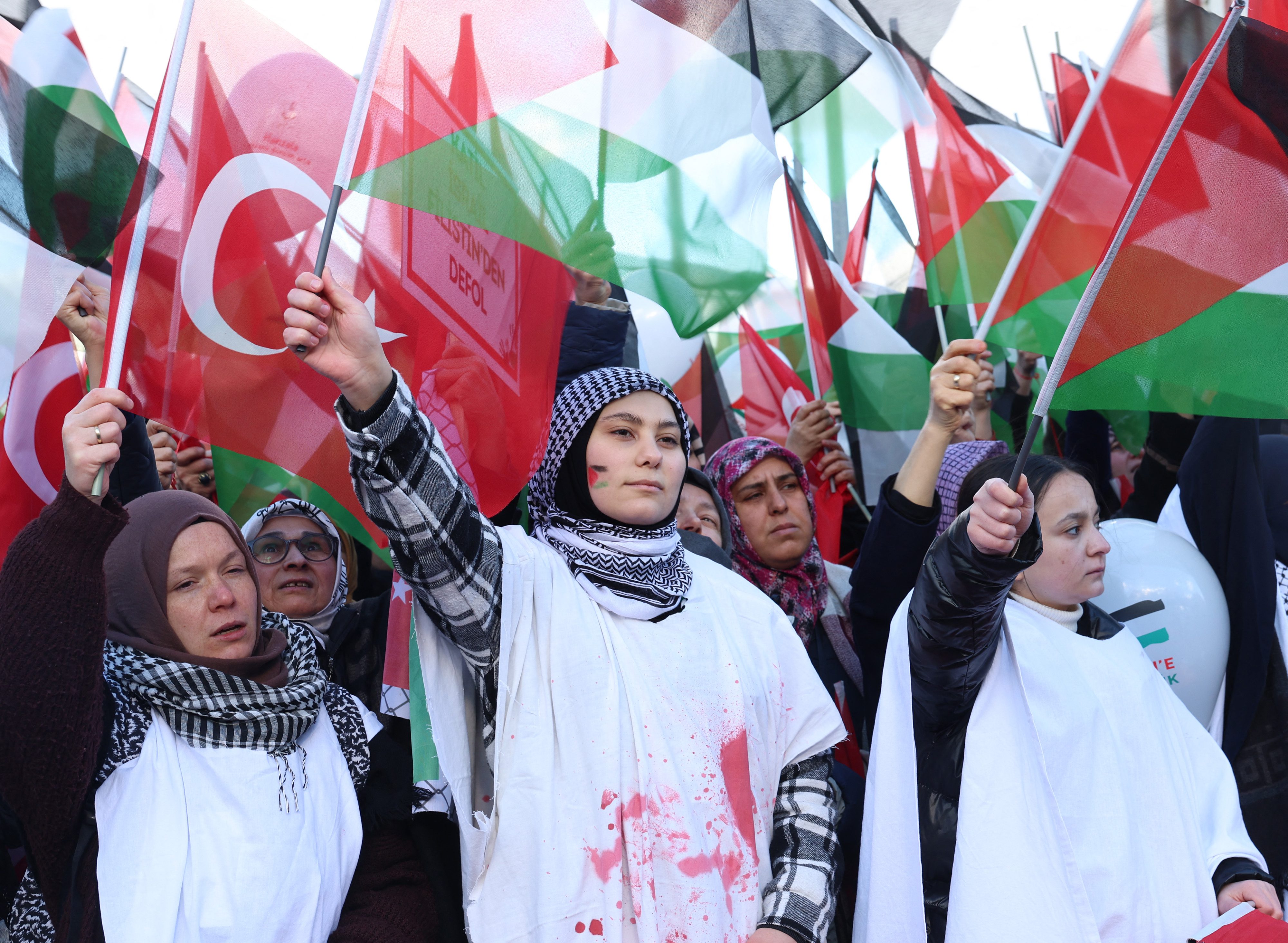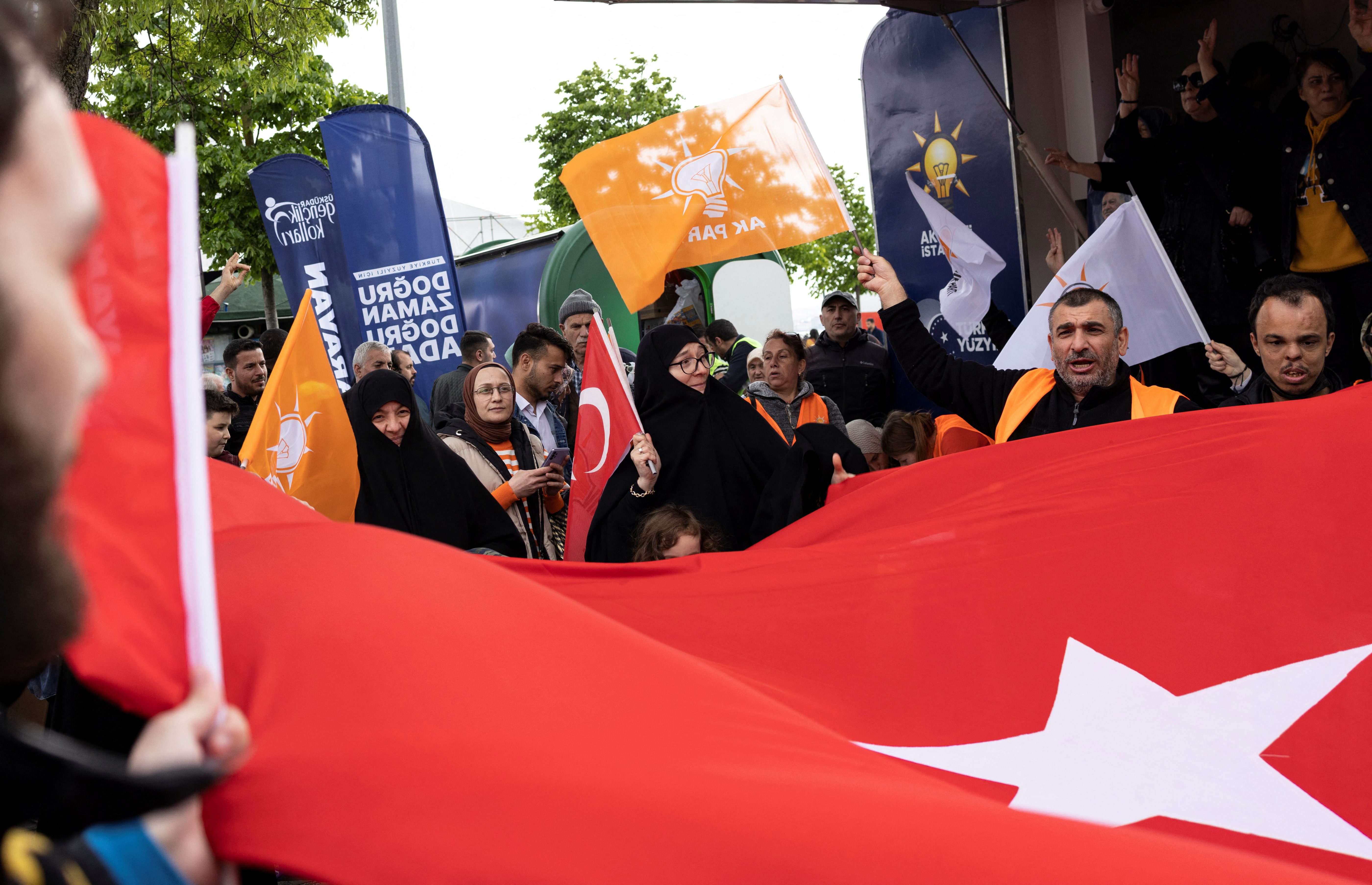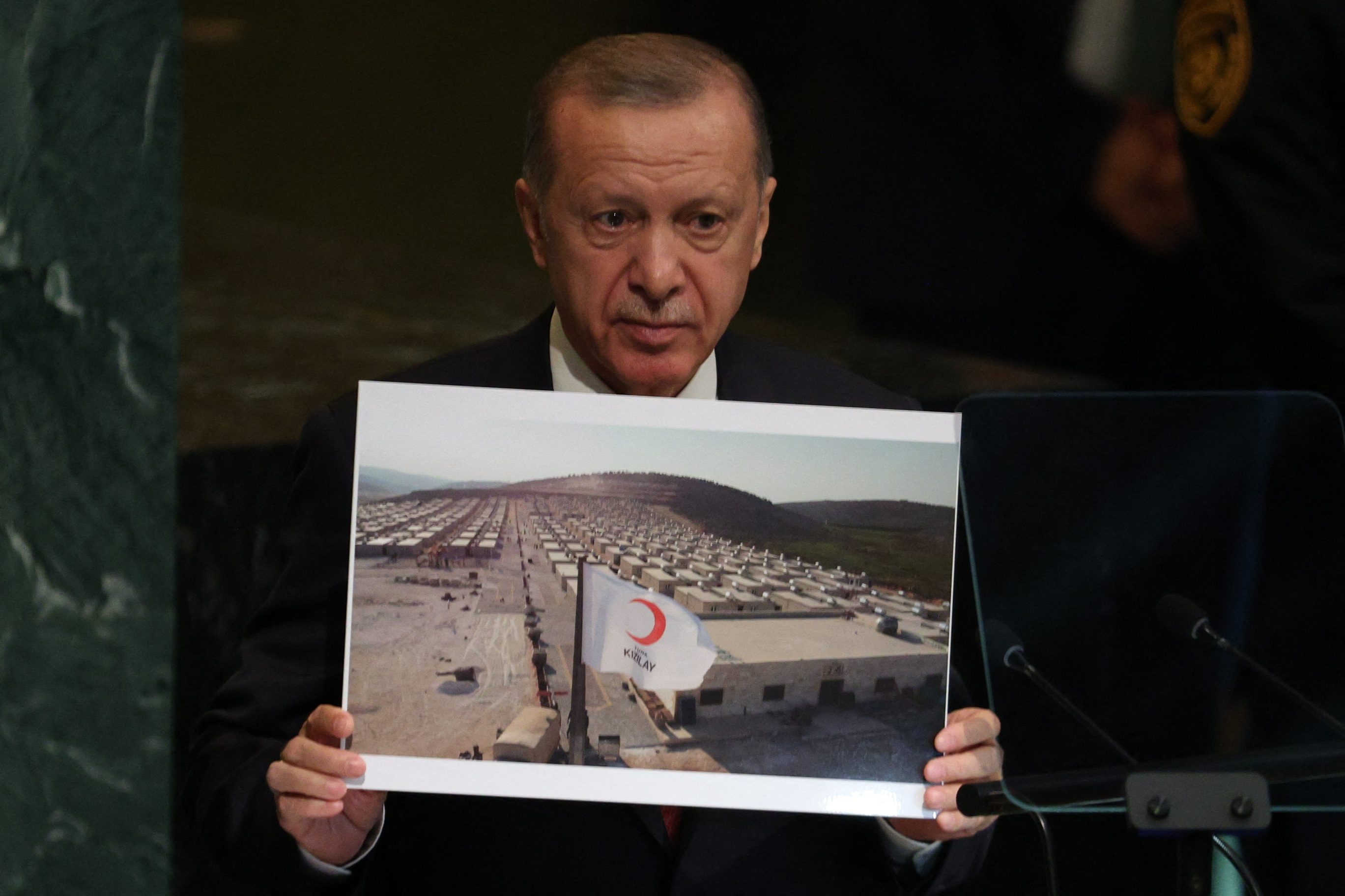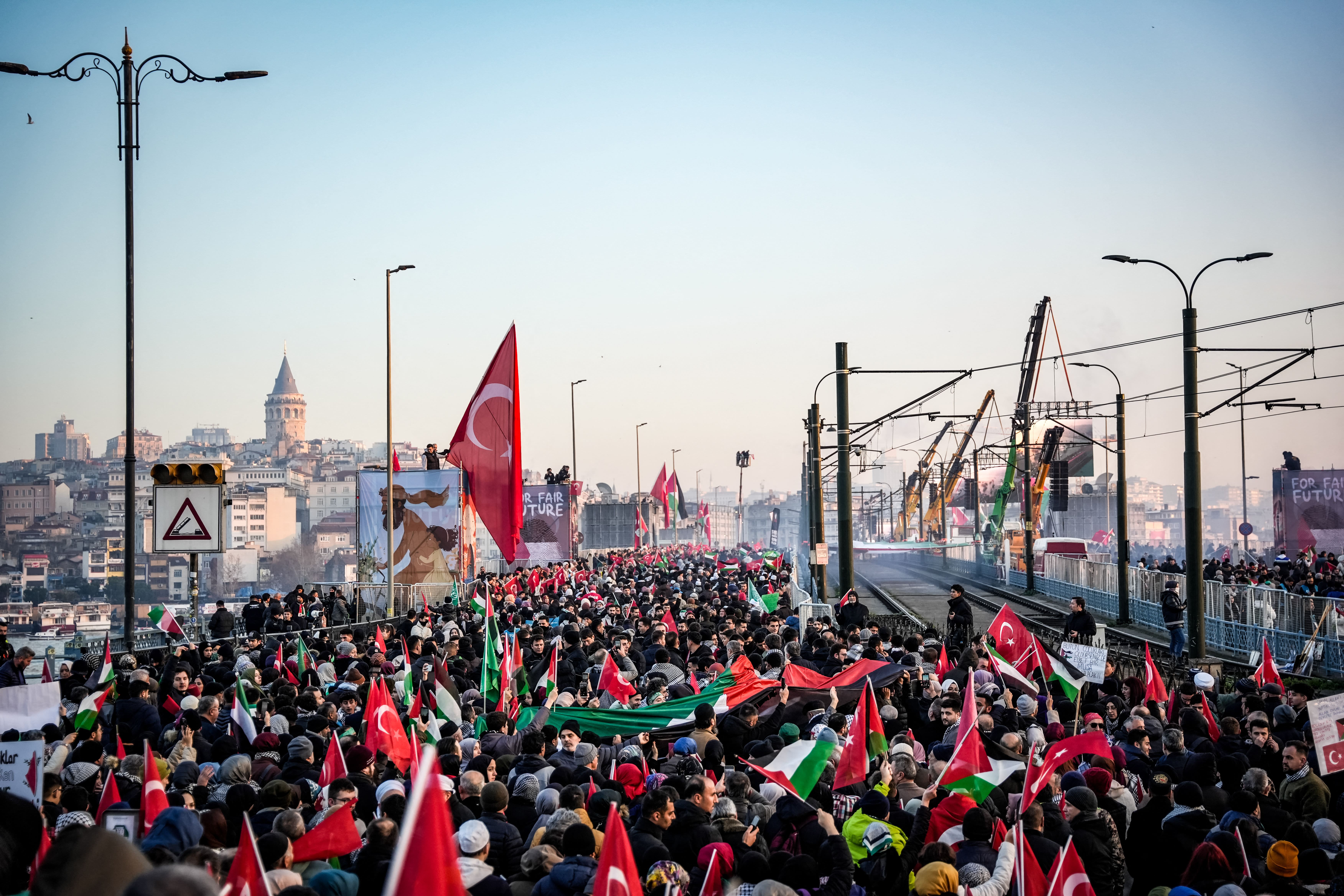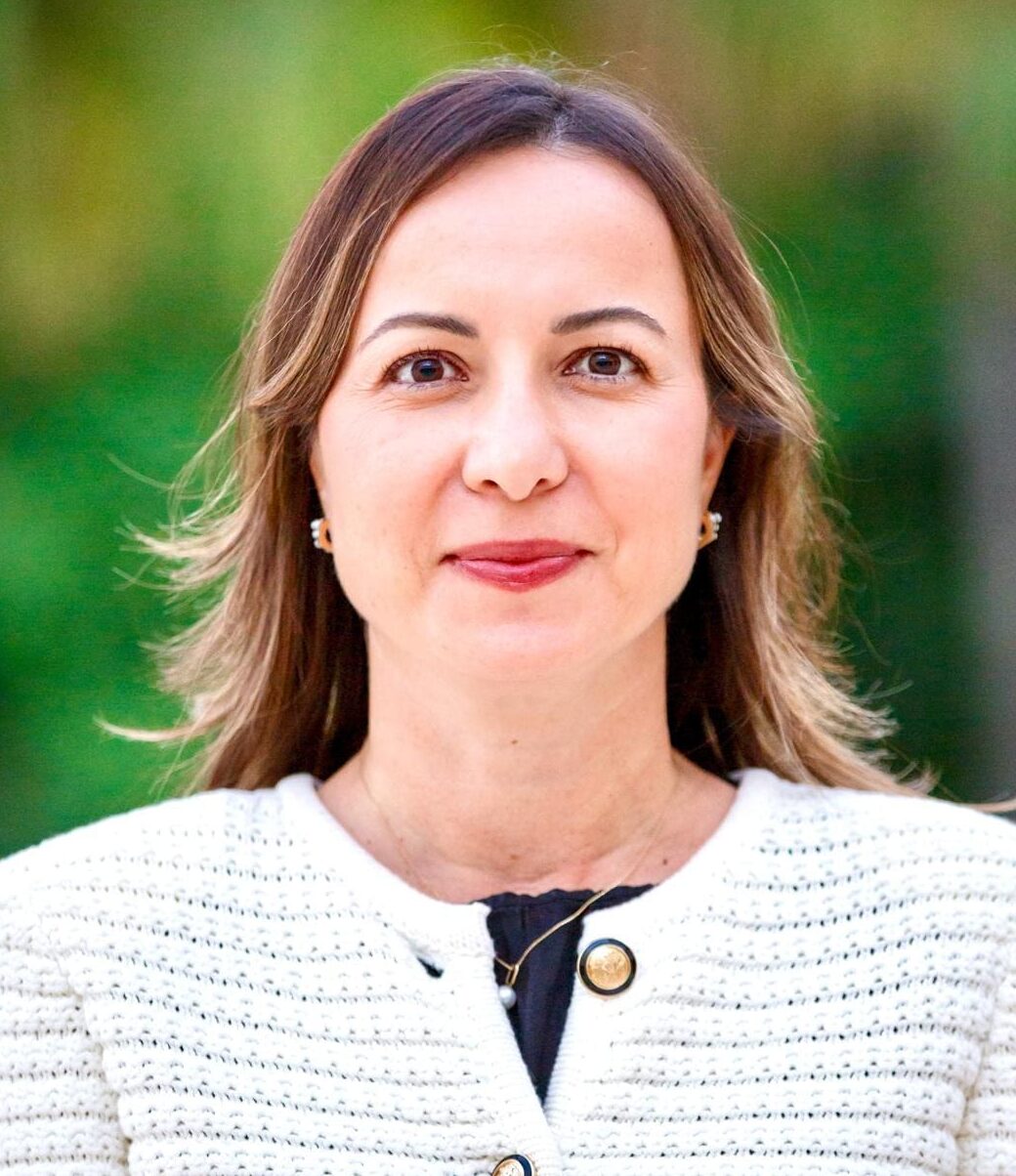
Özge Genç
Visiting Fellow
Bio
Özge Genç is a visiting fellow at the Middle East Council on Global Affairs.
Previously, she was the research director at the Center for Public Policy and Democracy Studies (PODEM) in Istanbul, Türkiye. Prior to that position, she was the director of the democratization program at the Turkish Economic and Social Studies Foundation (TESEV). She also served as a senior expert on democratic governance at the United Nations Development Programme (UNDP) and as a senior specialist at the Education Above All Foundation (EAA) in Qatar.
Genç’s research areas include political and institutional reform and peace and conflict resolution. Additionally, her work focuses on democratic governance, elections, religion-state-society relations, and justice and security reform, among other topics.
Genç has contributed to the establishment of several think tanks and social initiatives in Türkiye. She has also consulted for many institutions from various sectors, including private sector organizations, political parties, municipalities, and non-governmental organizations.
Research Areas
- Political and institutional reform
- Peace and conflict resolution
- Democratic governance
- Turkish politics
Countries of Focus
- Türkiye
- United States/Europe
- Gulf Cooperation Council (GCC) states
Other Areas of Interest
- Religion, state, and society relations
- Gender equality and inclusivity strategies
- Political communication
Education
- M.S., International Politics, School of Oriental and African Studies (SOAS), University of London, 2014
- B.S., International Relations, Middle East Technical University (METU), 2003

